Fieldwork
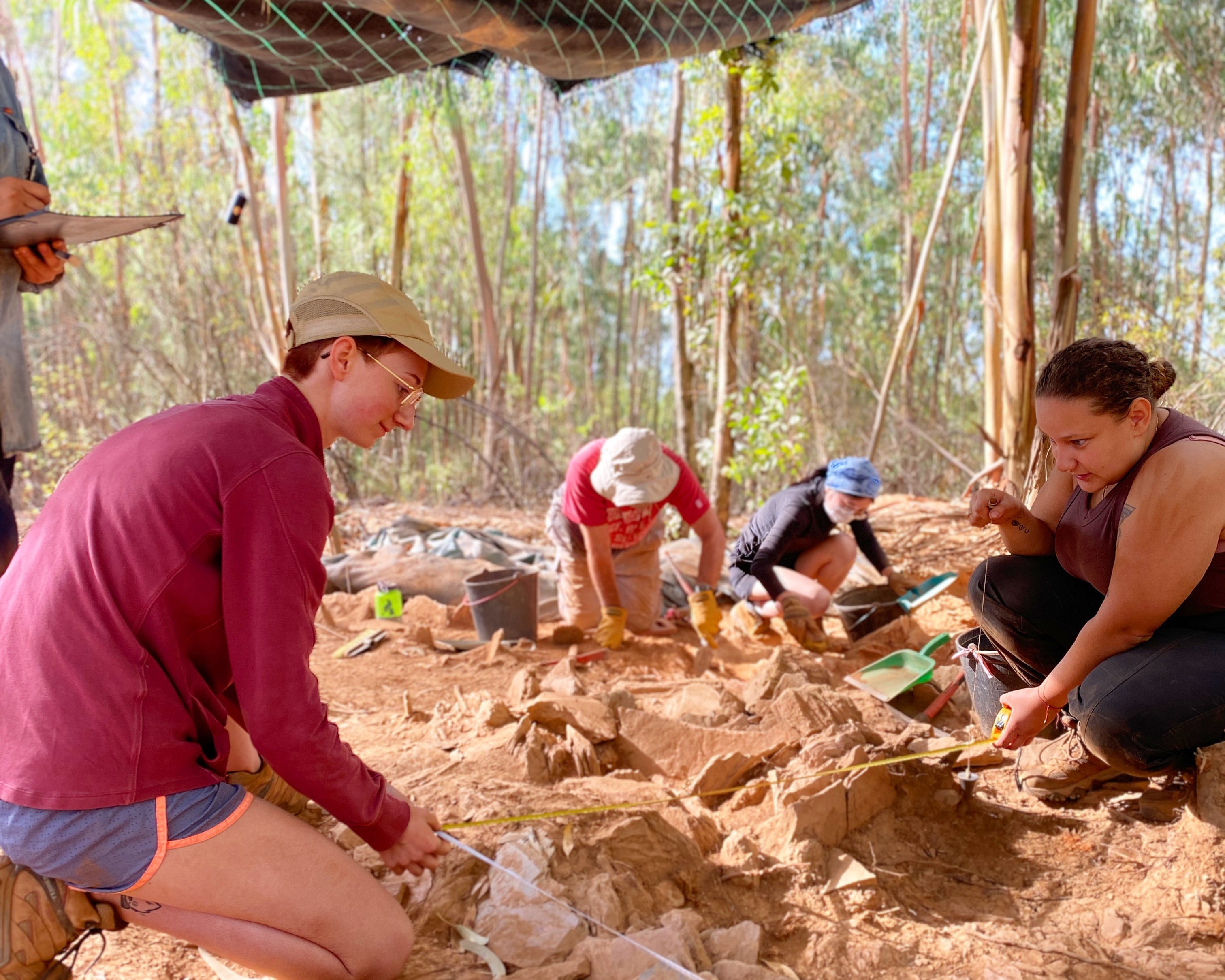
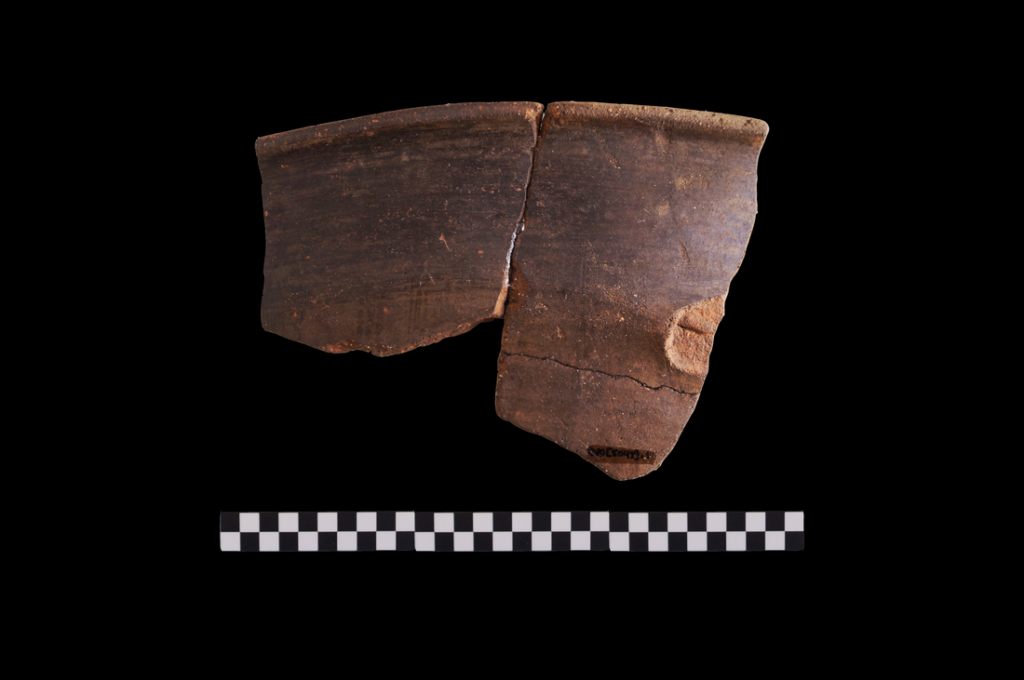
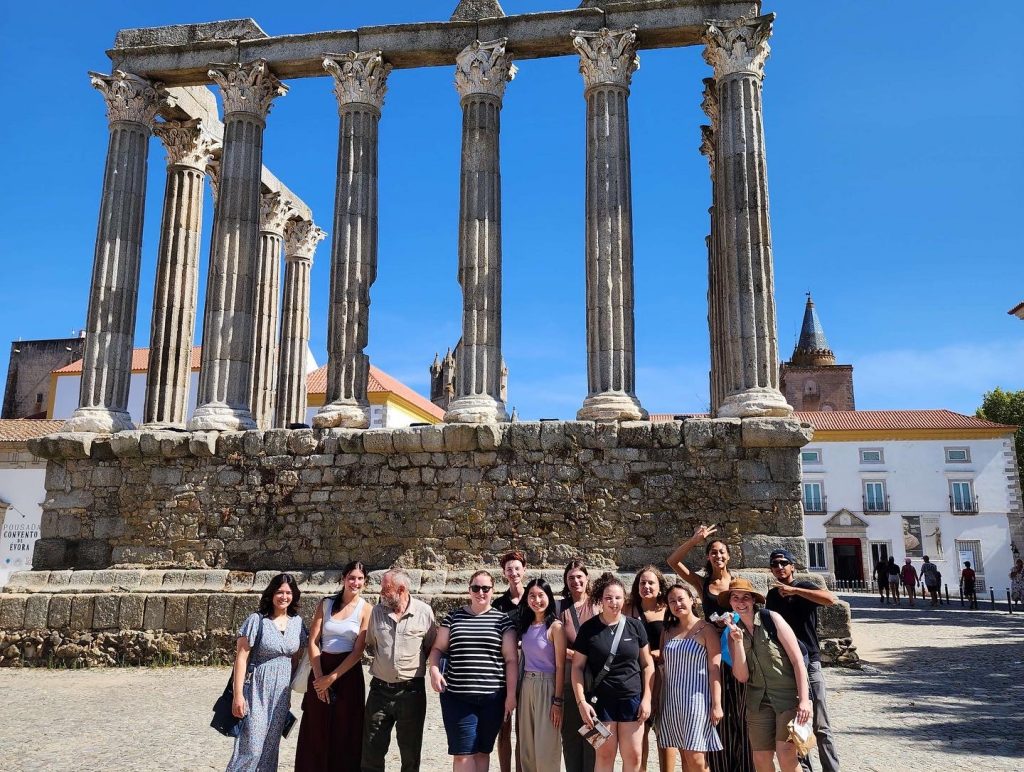
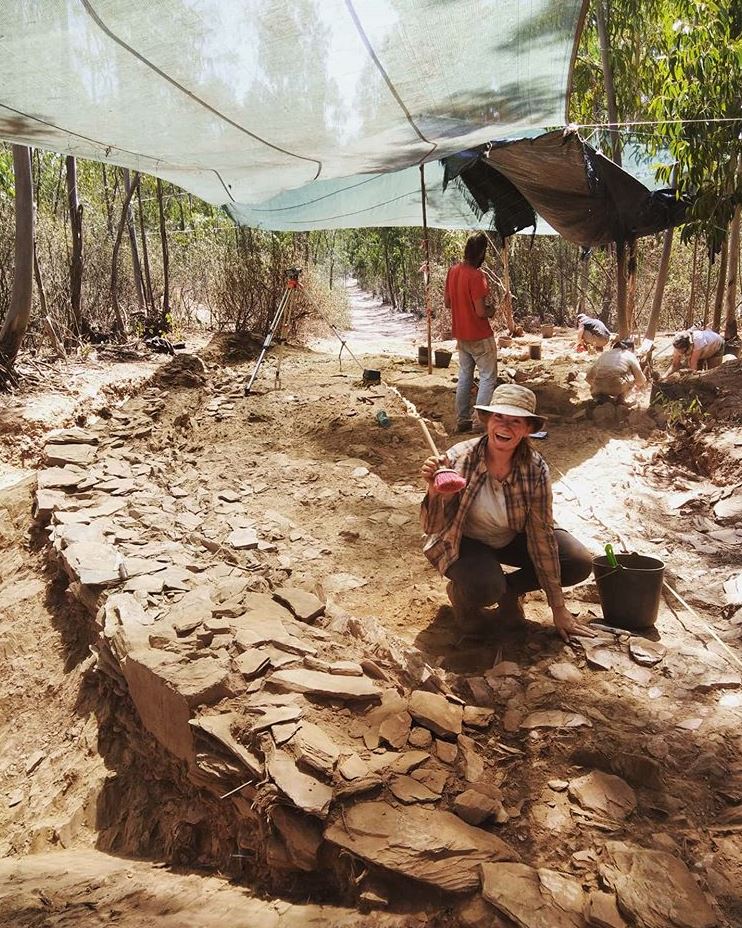
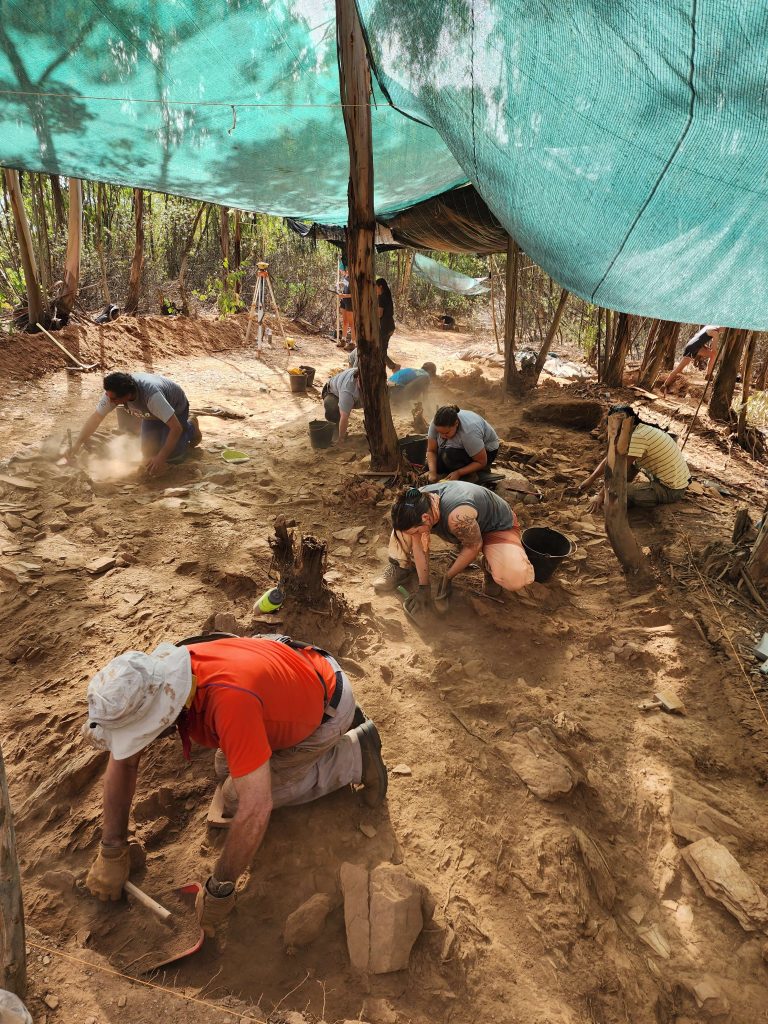
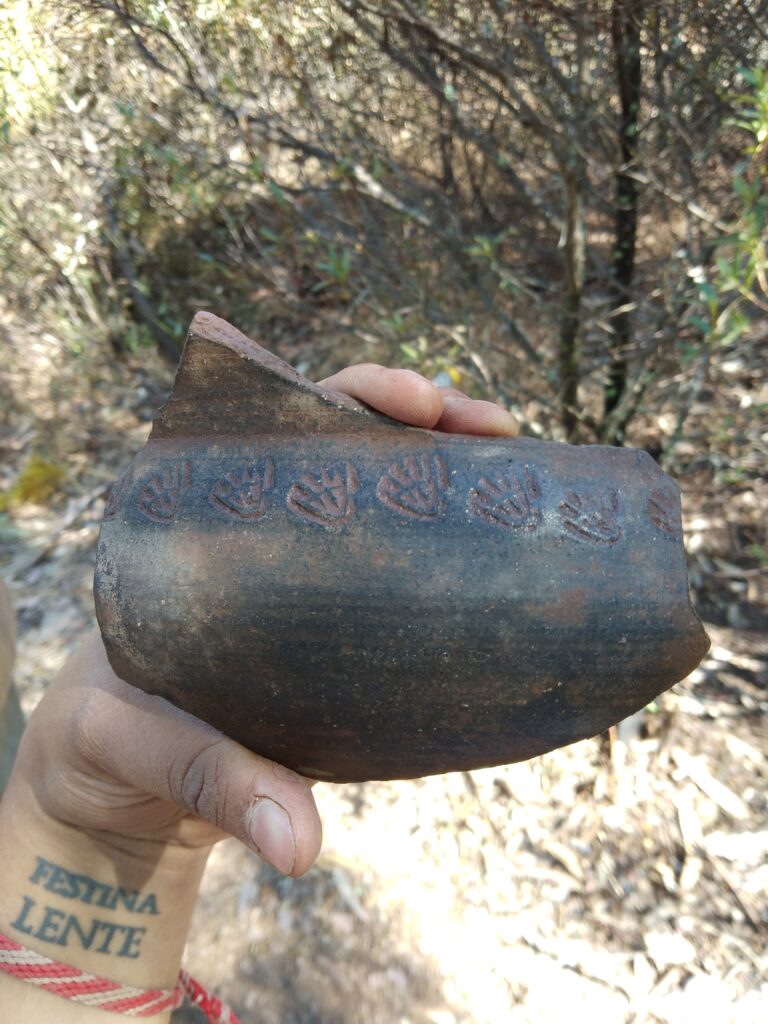
Location: N381 128, 7170, Portugal
Season: July 27, 2025 to August 30, 2025
Session Dates: 3 week session: August 10 - August 30 | 5 week session: July 27 - August 30
Application Deadline: June 15, 2025
Deadline Type: Rolling
Website: https://www.casteloproject.com/
Program Type:
Field School
RPA Certified:
No
Affiliation:
Castelo Archaeological Project
Project Director:
Bianca Viseu
PhD Student in Archaeology, University of Lisbon
MA Archaeology, McMaster University
Rui Mataloto
Archaeologist & Cultural Officer, Municipality of Redondo
MA Archaeology, University of Lisbon
Gonçalo Bispo
MA Candidate in Archaeology, University of Lisbon
Project Description:
Apply soon as we are nearly at capacity!
The Castelo Archaeological Project is seeking applicants for our sixth season of excavation at the site of Castelo Velho da Serra d’Ossa, and for our first season of excavation at the site of Martes, both located in the Alentejo region of Portugal. Students will be housed in the nearby town of Redondo.
Students who wish to join our 5 week session will have the unique opportunity to excavate two separate Bronze Age sites – Martes for the first two weeks and Castelo for the final three weeks of the project.
Castelo, a settlement approximately 14 ha in size and located at one of the highest points in the region, dates to the Late Bronze Age [LBA] and Iron Age of southwest Iberia. Castelo underwent a brief investigation in the early 2000s to safeguard surface artifacts in danger of being destroyed. Our 2018 season was the site’s first comprehensive excavation and uncovered the largest known Bronze Age hut (cabana) in the southwest of Iberia. Work on the hut and additional areas of the site continued during the 2019, 2022, 2023, and 2024 seasons. This work has revealed several structures, including overlapping huts, platforms, and a surrounding defensive system.
Martes is a smaller Late Bronze Age site (1 ha) located on a low hilltop approximately 10 km away from Castelo. The site has been surveyed but not formally excavated. Survey noted the presence of handmade ceramics typical of the LBA and evidence of metallurgical production.
The LBA of the southwest has long been characterized by the apparent emergence of a new culture associated with defensiveness and warriorship, as represented by stone stelae depicting warrior iconography found in the wider region and the emergence of large, fortified sites that appear during this period. Unfortunately, there has been a distinct lack of site-level investigations and data, thus leading to insufficient and generalizing interpretations of the LBA. Our project aims to contribute toward a more comprehensive understanding of this understudied period.
Prior experience in archaeology is not required and students of all backgrounds are encouraged to apply. Please note that archaeological field and lab work can be physically and mentally challenging – so a positive attitude is important! This field school will train students in archaeological methods, such as excavation techniques, recording, illustration, and the handling and processing of artifacts. The field school will take students on weekly field trips to historical and archaeological sites and towns in Portugal and Spain.
Tuition for the 5 week session at Castelo & Martes (including room, board, and transportation within Portugal) is €2125 EUR.
Tuition for the 3 week session at Castelo (including room, board, and transportation within Portugal) is €1425 EUR.
If you would like to join for a different set of dates (such as a 3 week session including one week at Martes and two weeks at Castelo), this may be possible as we do offer some flexibility. Please contact us directly for this option.
Please visit our website for information on scholarship opportunities and how to apply!
Period(s) of Occupation: Bronze Age, Late Bronze Age, Iron Age
Project Size: 1-24 participants
Minimum Length of Stay for Volunteers: 3 weeks (though we do offer some flexibility)
Minimum Age: 17 years old
Experience Required: None
Room and Board Arrangements:
Accommodation: Students will be housed together in the town of Redondo. The house is located very centrally. Most rooms will be shared by two or more students, and sometimes on bunk beds. Sleeping arrangements will be gender-separated. There is no air conditioning in the houses. Spaces are communal - there is a shared kitchen, bathroom, washing machine, and living room. Students will be responsible for cleaning these spaces and doing the assigned chores. Students will do their own laundry.
Meals: On weekdays, the field school provides students with three meals per day. Breakfast is provided at the dig house and students are expected to prepare it themselves. Lunch is served at an incredible local restaurant. Dinner is provided by a local restaurant but eaten at home. Students should expect to eat a great deal of local Alentejan cuisine. The project will do its best to accommodate dietary needs, but students must inform us of any dietary requirements, and/or allergies before paying the tuition. Due to the nature of Alentejan cuisine, we are able to accommodate vegetarian diets, but any other dietary requirements must be discussed with one of the directors.
Transportation: Students are expected to provide their own transportation to and from Portugal (Lisbon airport) as airfare is not included in the tuition. Once in Portugal, transportation will be provided by the field school. Upon arrival at the Lisbon airport on Sunday July 27th or Sunday August 10th, students will be greeted by either Rui, Bianca, or Gonçalo and brought as a group to Redondo. At the end of the season (Saturday August 30th), students will be brought back to the Lisbon airport or elsewhere in the city if they plan to stay in Portugal a while longer after the project. Please inform us of your travel plans as far in advance as possible.
The Town: The town of Redondo is quite small but very friendly. During their free time, students are encouraged to explore and familiarize themselves with the town. Free wi-fi is available in several public spaces around town. If you’d like to get a phone plan (a cellular data plan is highly recommended) you must do this at the airport in Lisbon. Students will also have access to the outdoor community pool (wi-fi is available at the pool café) - so make sure to bring your swimsuits!
Field Trips: Each weekend, we will go as a group on field trips in the region (and occasionally to Spain) to visit historical and archaeological sites, experience cultural events like concerts and performances, and go for a swim at river beaches. Trips typically take place on Saturdays with Sundays spent in Redondo relaxing, catching up on laundry, and doing chores.
The AIA is North America's largest and oldest nonprofit organization dedicated to archaeology. The Institute advances awareness, education, fieldwork, preservation, publication, and research of archaeological sites and cultural heritage throughout the world. Your contribution makes a difference.
Notifications